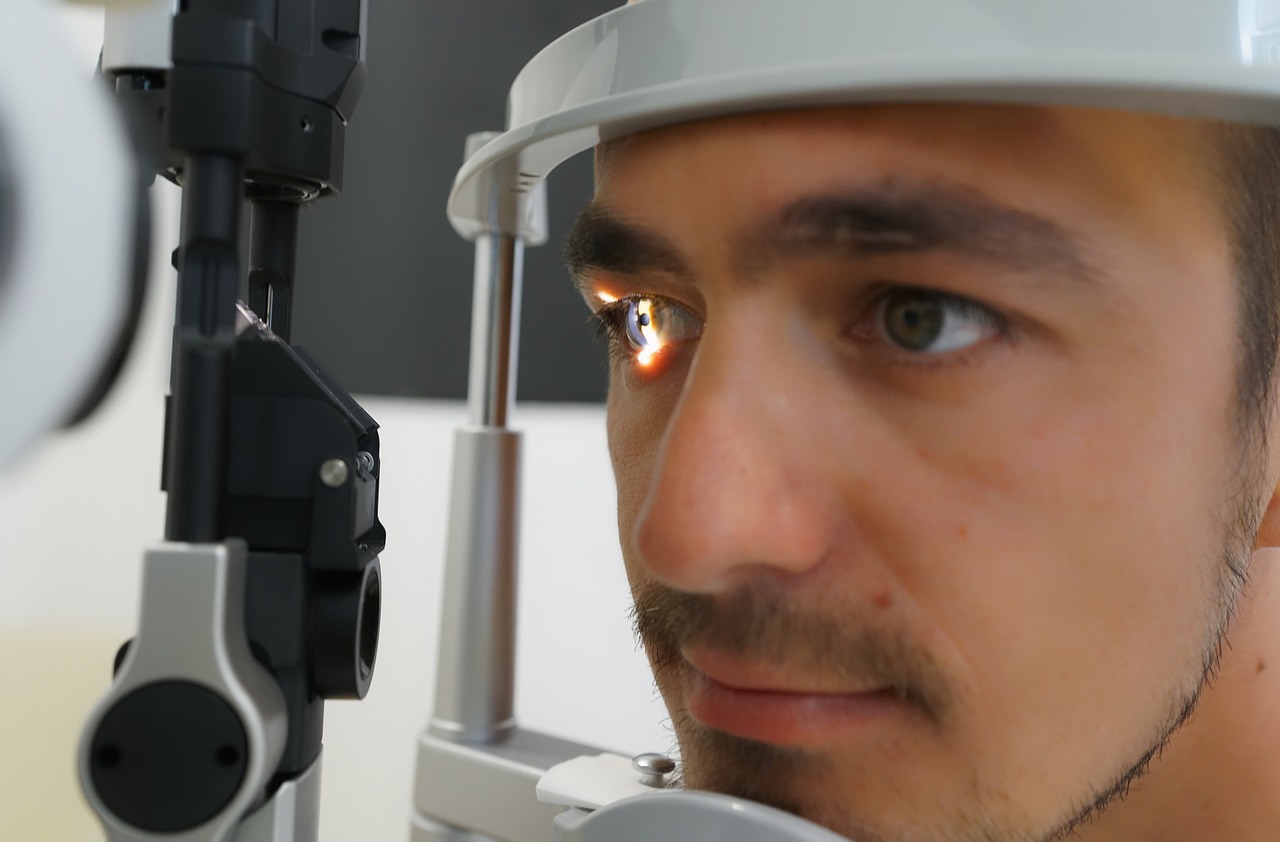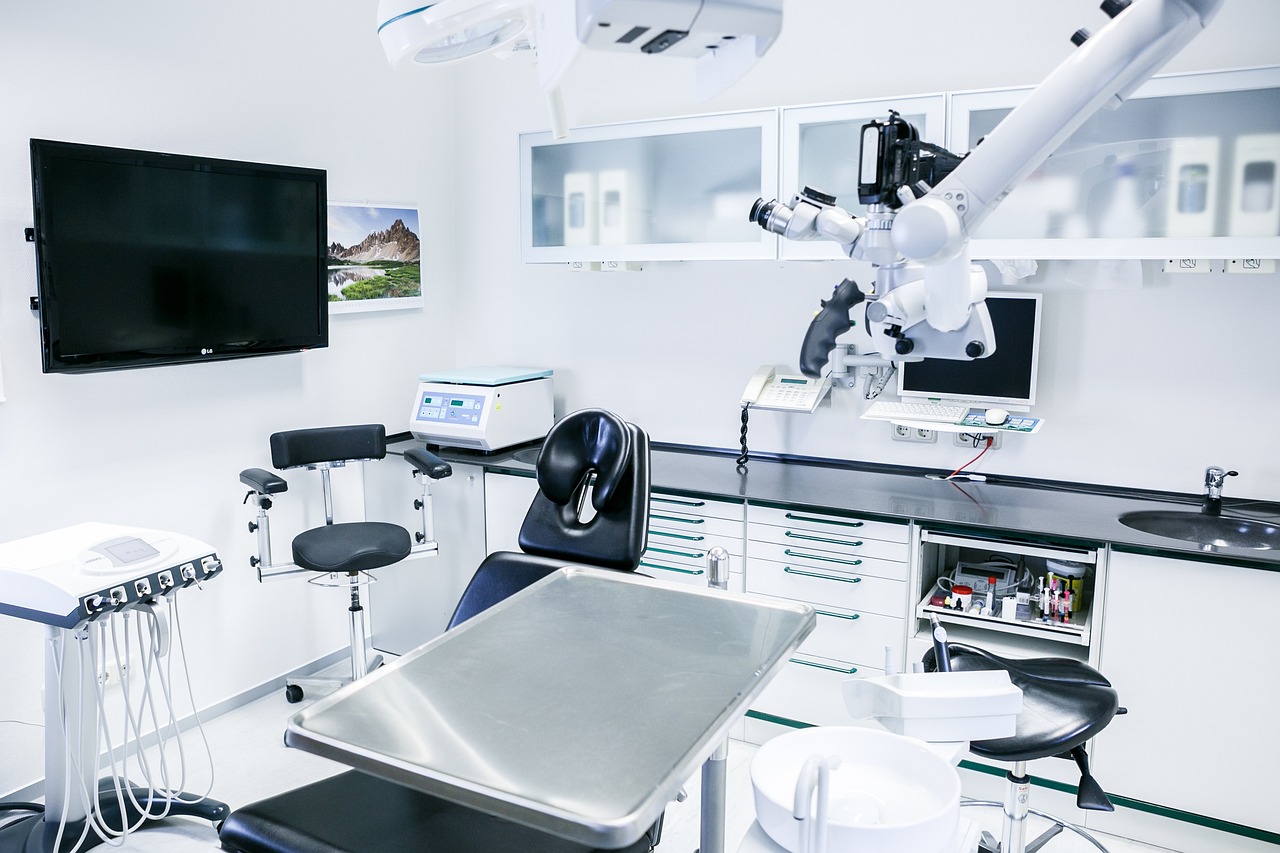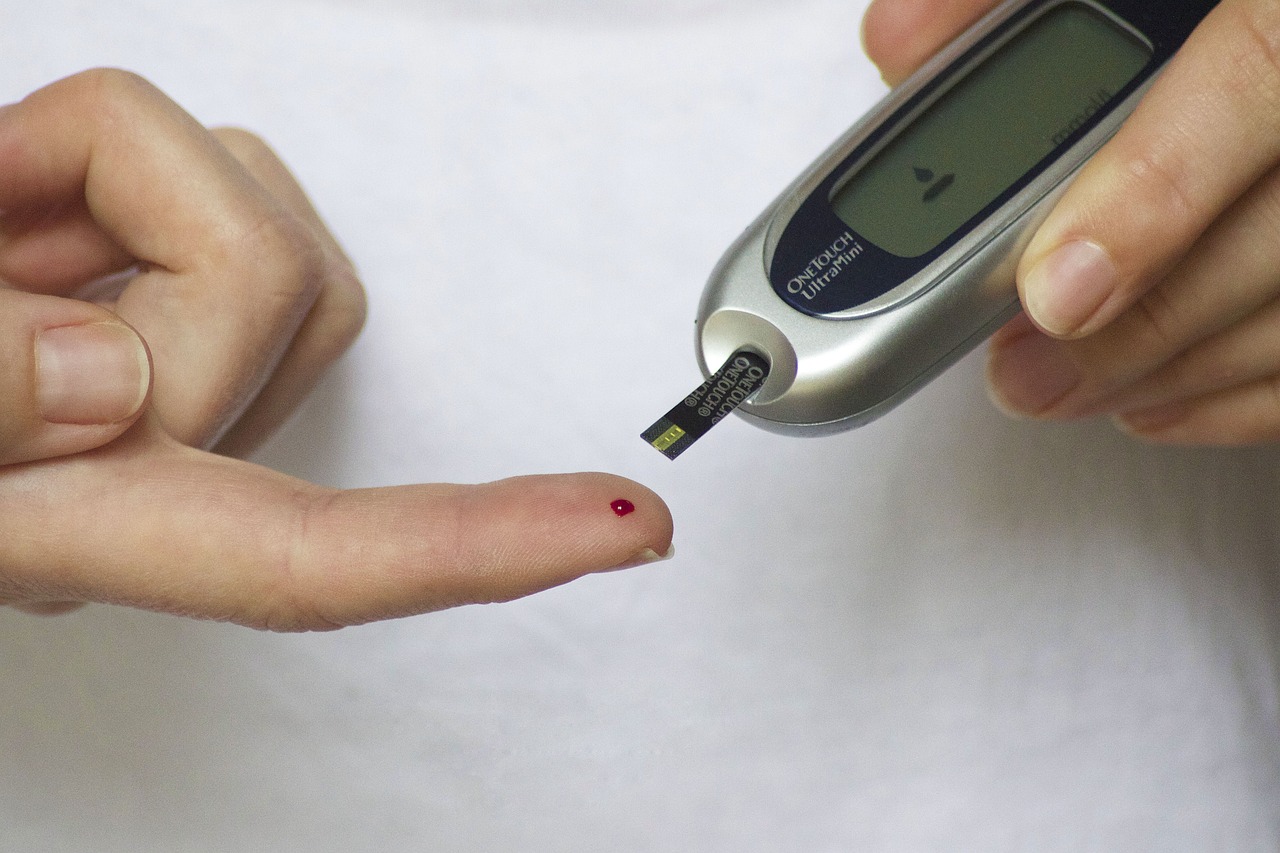Blood tests are a reliable method to confirm pregnancy. Understanding the timing of when a blood test can detect pregnancy after implantation is crucial for expectant mothers. Let’s delve into the intricacies of this process to shed light on how soon this detection can occur.
Implantation, the attachment of the fertilized egg to the uterine lining, marks the beginning of pregnancy. This process typically takes place around 6-12 days after ovulation. Following implantation, the body starts producing human chorionic gonadotropin (hCG) hormone, which is the key indicator of pregnancy in blood tests.
The timing of when a blood test can detect pregnancy after implantation varies for each woman. Generally, blood tests can detect hCG levels as early as 7-12 days post-ovulation. The accuracy of the test increases as hCG levels rise, making it more reliable for confirming pregnancy.
When considering the accuracy of blood tests, it’s essential to note that they are more sensitive than urine tests. Different types of blood tests, such as quantitative and qualitative tests, offer varying levels of accuracy in detecting pregnancy after implantation.
Several factors can affect the detection of pregnancy through a blood test. Individual hCG levels, the sensitivity of the test used, and potential issues like ectopic pregnancy can impact the results. It’s crucial to consider these factors when interpreting the outcomes of a blood test.
Consulting a healthcare provider is paramount for accurate pregnancy confirmation. Medical professionals can provide guidance on interpreting blood test results, offer support, and address any concerns or questions that may arise during this exciting yet nerve-wracking time.

Implantation Process
When it comes to understanding the implantation process, it’s like witnessing a tiny miracle unfolding within the female body. After fertilization, the fertilized egg, known as a zygote, embarks on a journey through the fallopian tube towards the uterus. This journey is fraught with challenges as the zygote divides and multiplies, forming a blastocyst. Once the blastocyst reaches the uterus, it must implant itself into the uterine lining for pregnancy to begin.
Implantation is a delicate process that occurs around 6-10 days after ovulation. During this phase, the blastocyst burrows into the thickened endometrial lining, establishing a connection for nutrient exchange. This crucial step sets the stage for the placenta to develop and support the growing embryo.
As implantation progresses, the body responds by producing human chorionic gonadotropin (hCG) hormone, which is detectable in the blood and urine. This hormone plays a vital role in supporting the early pregnancy and is the key marker measured in blood tests to confirm pregnancy.
Understanding the timeline of events post-implantation is essential in determining when a blood test can accurately detect pregnancy. From the moment of implantation, a series of intricate processes unfold, signaling the beginning of a remarkable journey towards motherhood.

Timing of Detection
When it comes to the timing of detecting pregnancy through a blood test after implantation, it’s essential to understand the intricacies of this process. After implantation occurs, the body starts producing human chorionic gonadotropin (hCG) hormone, which is the key marker for pregnancy detection. The levels of hCG rise rapidly in the early stages of pregnancy, making it detectable in the blood within a specific timeframe.
The typical window for a blood test to detect pregnancy after implantation is around 7-12 days. This timeframe aligns with the expected increase in hCG levels post-implantation. However, it’s crucial to note that individual bodies may vary in how quickly they produce hCG, affecting the detection time. Factors such as the embryo’s implantation speed and the efficiency of hCG production can influence when the hormone becomes detectable in the blood.
Moreover, the accuracy of the blood test in detecting pregnancy during this timeframe is quite high. Blood tests are known for their sensitivity in detecting lower levels of hCG compared to urine tests, providing a reliable confirmation of pregnancy. Different types of blood tests, such as quantitative beta hCG tests, can offer precise measurements of hCG levels, aiding in determining the stage of pregnancy.
Considering the dynamic nature of hCG levels and the various factors affecting their rise, the timing of pregnancy detection through a blood test post-implantation may slightly vary among individuals. It’s important to consult a healthcare provider for guidance on the most appropriate timing for a blood test to ensure accurate results and proper interpretation of the findings.

Accuracy of Blood Tests
When it comes to the accuracy of blood tests in detecting pregnancy after implantation, it’s crucial to understand the reliability of this method. Blood tests are highly sensitive and can detect pregnancy earlier than urine tests due to their ability to measure hCG hormone levels more precisely.
Here are some key points to consider regarding the accuracy of blood tests:
- Sensitivity: Blood tests are known for their high sensitivity in detecting hCG levels, making them a reliable method for early pregnancy confirmation.
- Comparison to Urine Tests: Blood tests are generally more accurate than urine tests, especially in the early stages of pregnancy.
- Types of Blood Tests: Different types of blood tests, such as quantitative and qualitative tests, offer varying levels of accuracy and information about the pregnancy.
Understanding the accuracy of blood tests is essential for individuals seeking early pregnancy confirmation. By considering the sensitivity of the test, its comparison to urine tests, and the different types available, individuals can make informed decisions about their pregnancy status.

Factors Affecting Detection
Factors affecting the detection of pregnancy through a blood test can vary significantly. One crucial factor is the sensitivity of the test itself. Some tests are more sensitive and can detect lower levels of hCG hormone, making them capable of providing earlier detection results. On the other hand, less sensitive tests may require higher hormone levels to confirm pregnancy.
Additionally, individual hCG levels play a vital role in the detection process. Every woman’s body produces hCG at different rates, so the timing of detection can differ from person to person. Factors such as the time of implantation and the rate at which hCG levels rise can influence when a blood test will accurately detect pregnancy.
Moreover, certain health conditions or medications can affect the accuracy of a blood test. Conditions like polycystic ovary syndrome (PCOS) or medications containing hCG can interfere with test results, leading to false positives or negatives. It is essential to inform healthcare providers about any underlying health issues or medications that might impact the test.
Another factor to consider is the quality of the laboratory conducting the blood test. The precision and reliability of the equipment used, as well as the expertise of the technicians analyzing the samples, can impact the accuracy of the results. Choosing a reputable healthcare facility for the blood test can help ensure reliable and trustworthy outcomes.

Consulting a Healthcare Provider
When it comes to confirming a pregnancy, consulting a healthcare provider is crucial for accurate results and proper guidance. Healthcare professionals have the expertise to interpret blood test results effectively and provide the necessary support during this significant time in your life.
By seeking medical advice, you can address any concerns or questions you may have about the pregnancy detection process. Healthcare providers can offer valuable insights into the timing of when to take a blood test after implantation and explain the significance of hCG hormone levels in confirming pregnancy.
During your consultation, your healthcare provider may discuss the factors that could influence the accuracy of the blood test results. Factors such as the sensitivity of the test, individual hCG hormone levels, and any potential issues that may impact the test’s reliability will be considered to ensure a thorough understanding of the results.
Additionally, healthcare professionals can provide guidance on the next steps to take after receiving the blood test results. Whether the test confirms pregnancy or not, your healthcare provider will offer support and advice on prenatal care, lifestyle adjustments, and any necessary medical interventions.
Remember, consulting a healthcare provider is not only about confirming pregnancy but also about receiving the necessary care and support throughout the entire journey. Their expertise and guidance can help you navigate this exciting and sometimes overwhelming time with confidence and peace of mind.